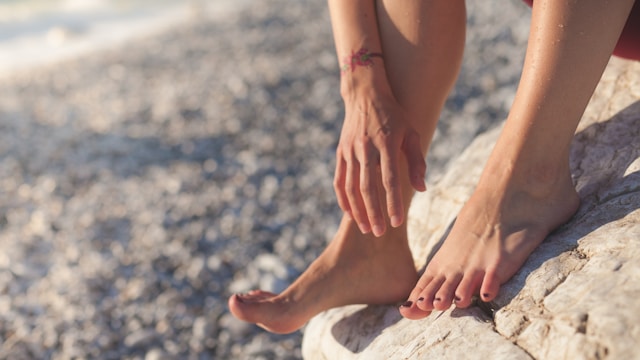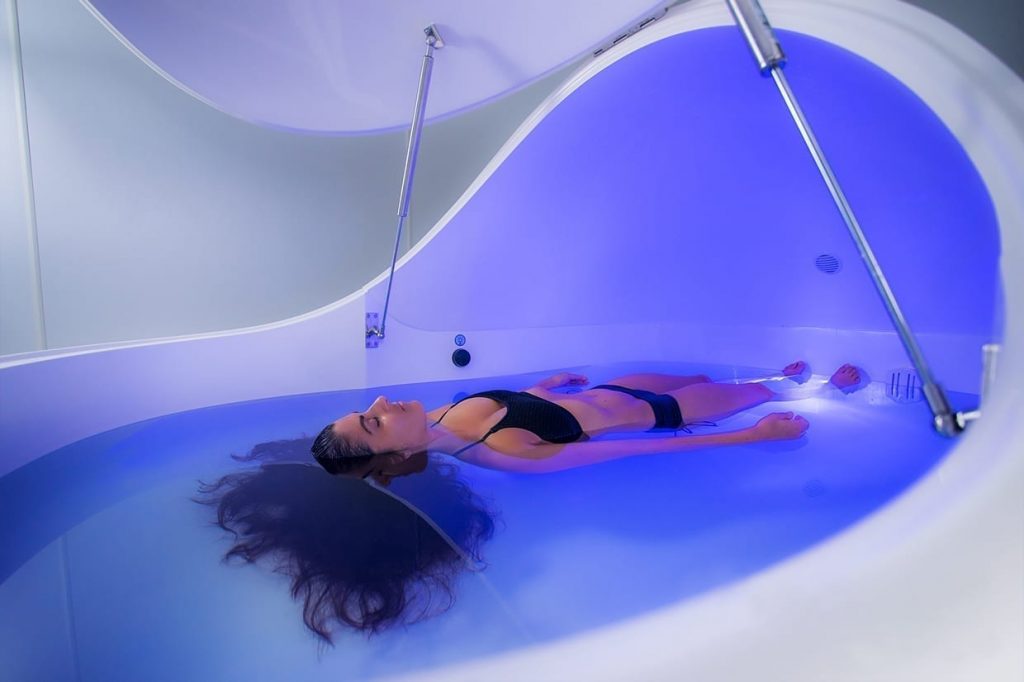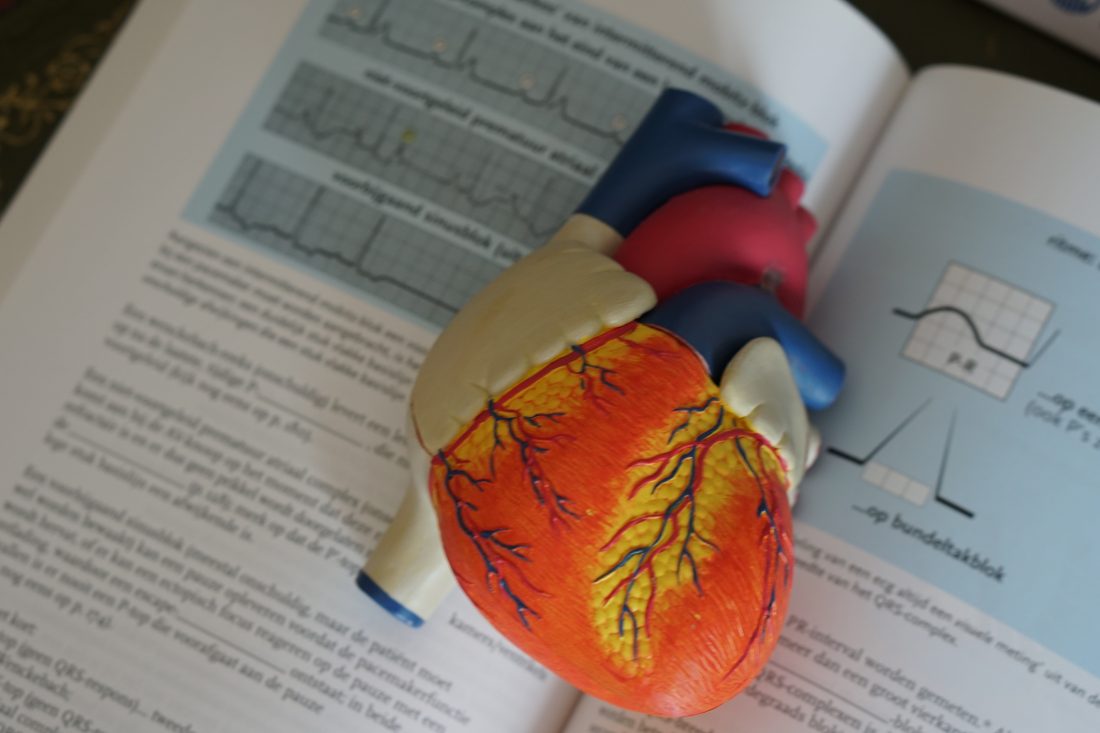Corns on your feet can be a painful and persistent problem, making every step uncomfortable. If you’ve ever suffered from corns, you know how they can impact your daily life, turning simple activities like walking or standing into a painful ordeal. While various treatments are available, one of the most effective solutions to alleviate the discomfort of corn is using the right ZeroSole insole for corns. In this article, we’ll explore how insoles can help manage and prevent corns, what to look for when choosing insoles, and how they can make a significant difference to your foot health.
Understanding Corns
Corns are thickened layers of skin that develop due to repeated pressure or friction. They typically form on the toes, the balls of the feet, or the sides of your feet. Corns can be either hard or soft, with hard corns usually appearing on the tops of toes or on the outer sides of the little toe, where the skin is dry and thick. Soft corns, on the other hand, tend to form between toes, where the skin is moist from sweat.
The primary cause of corns is ill-fitting footwear. Shoes that are too tight or too loose can cause excessive rubbing against the skin, forming these painful areas. Other factors, such as foot deformities (like bunions or hammertoes), abnormal walking patterns, or spending long hours on your feet, can also contribute to the development of corns.
The Role of Insoles
Insoles, footbeds, or inner soles are inserts placed inside shoes to provide additional support, cushioning, and comfort. They can be particularly beneficial in managing corns by reducing the pressure and friction they cause. Here’s how insoles can make a difference:
Pressure Redistribution: Insoles help evenly distribute your body weight across your feet. This reduces the pressure on specific areas, such as the toes or the balls of the feet, where corn is most likely to form.
Cushioning: Insoles provide extra padding, which can help to absorb shock and reduce the impact on your feet as you walk. This cushioning can prevent the skin from thickening and hardening, thus helping to prevent corns.
Support: Many insoles are designed to offer arch support, which can correct any imbalances in your walking pattern. Proper support can prevent your feet from rolling inward or outward, reducing the friction that leads to corn.
Comfort: Insoles can make your shoes more comfortable overall, reducing the likelihood of developing blisters, calluses, and corns. When your feet are relaxed, you’re less likely to alter your gait or posture to compensate for discomfort, which can help prevent corns.
Choosing the Right Insoles
When selecting insoles to help with corn, there are a few key factors to consider:
Material: Look for insoles made from high-quality materials that offer durability and comfort. Gel insoles are great for cushioning, while foam insoles provide good support. Leather insoles can also be a good option as they are breathable and comfortable.
Fit: Your insoles must fit well inside your shoes without causing any additional pressure. They should conform to the shape of your foot and provide support in all the right places. Consider custom orthotics if you have specific foot issues or over-the-counter insoles that don’t offer the right fit.
Arch Support: Depending on your foot type, you may need insoles with low, medium, or high arch support. People with flat feet may benefit from insoles with more arch support, while those with high arches may need insoles that provide additional cushioning.
Thickness: The thickness of the insoles is important, mainly if you have limited space in your shoes. Thinner insoles can still provide adequate cushioning without making your shoes too tight.
Breathability: Breathable insoles help to wick away moisture, keeping your feet dry and reducing the risk of soft corns developing between the toes. Look for insoles with antimicrobial properties to prevent odor and build-up of bacteria.
Corns can be painful and persistent, but the right insoles can manage and even prevent them. By choosing insoles that provide proper support, cushioning, and fit, you can reduce the pressure and friction on your feet, making walking and standing more comfortable. Remember, the best approach to preventing corn is to take care of your feet with the right footwear, regular moisturising, and consistently using quality insoles. Your feet will thank you for it!


